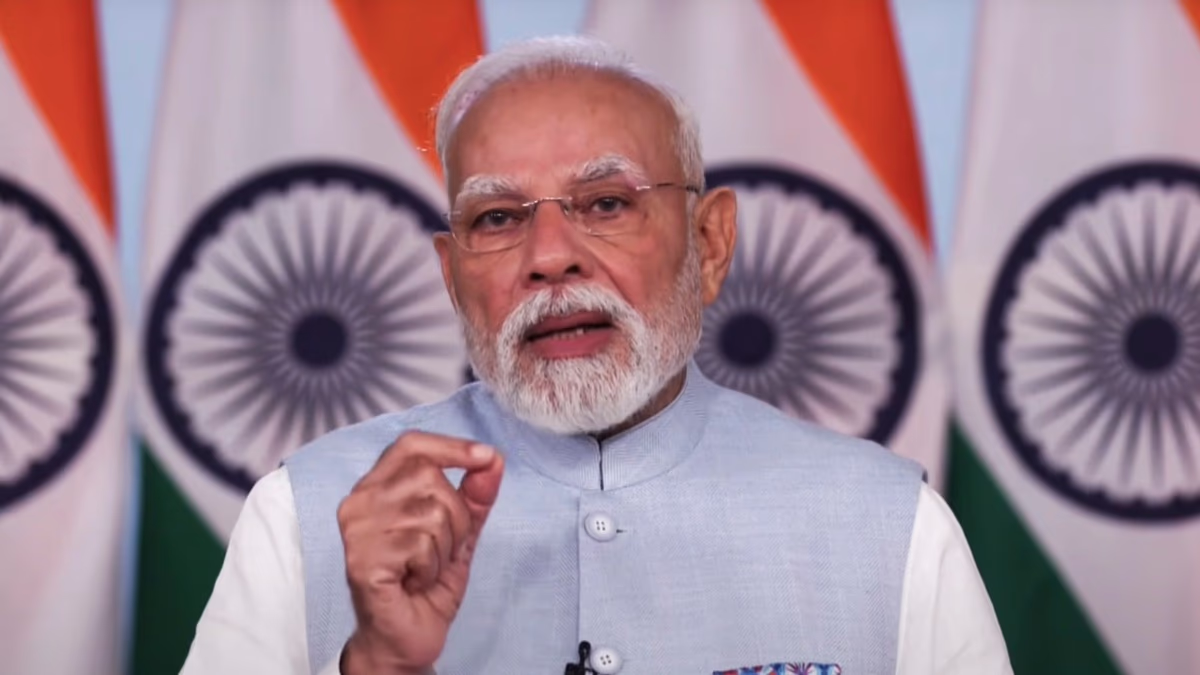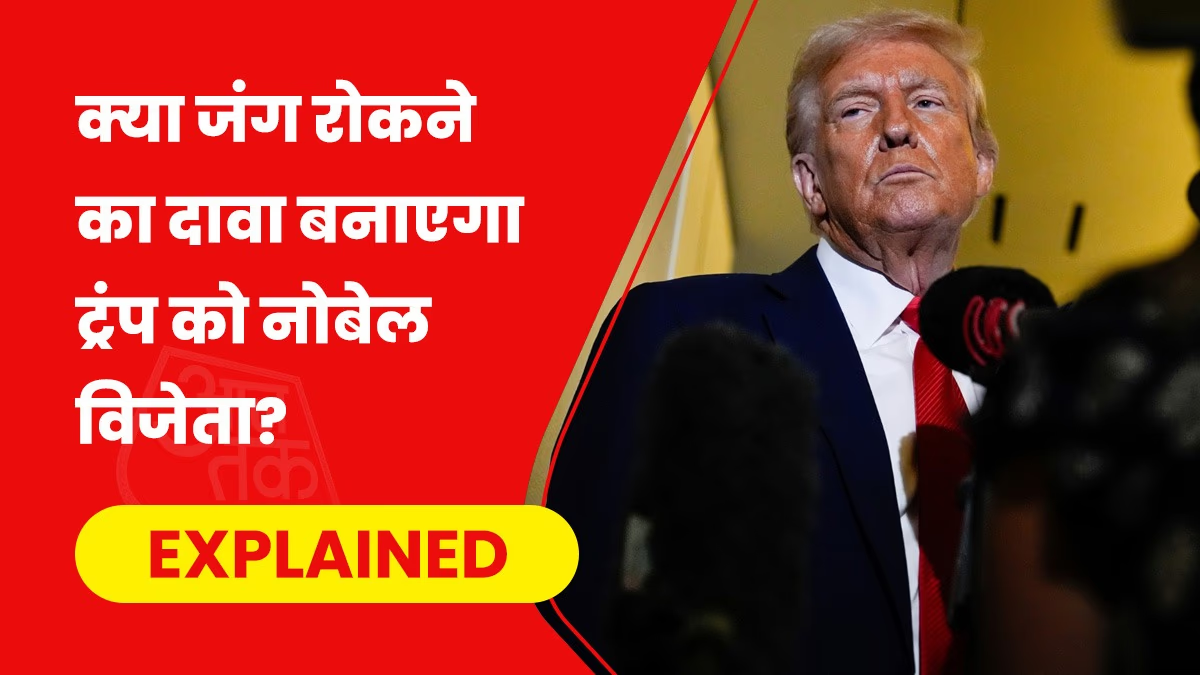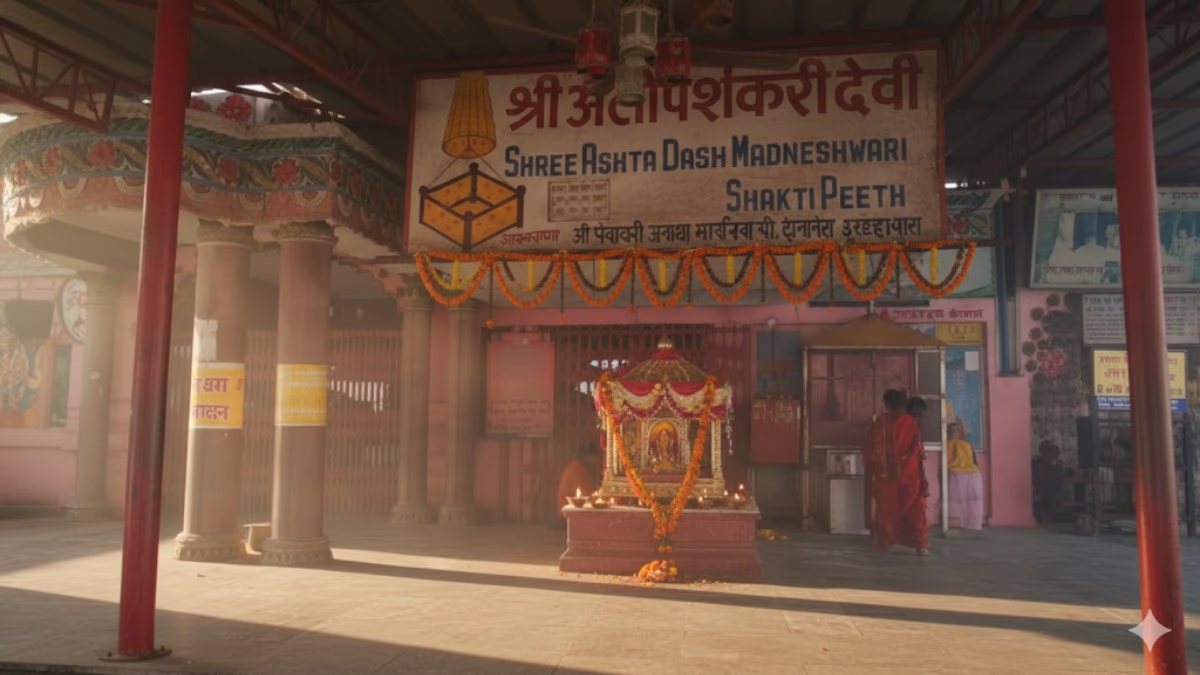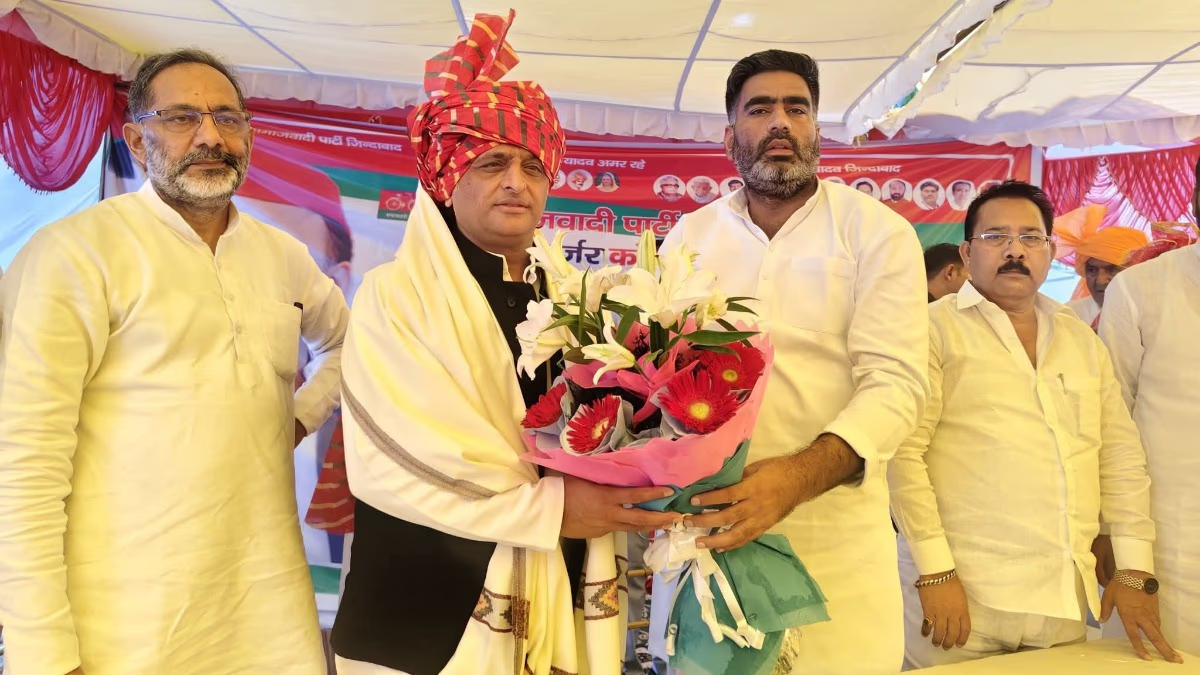Prime Minister Narendra Modi's address on GST on Sunday carries significant economic and political implications. In the face of international challenges, such as U.S. tariffs and H1B visa restrictions, he sought solutions domestically. As always, he directly engaged with the public, calling for participation in the movement for self-reliance and local products.
He explained the government's GST reform steps in simple terms and linked them to the indigenous movement. Politically, this address is crucial with imminent Bihar assembly elections.
What Are the Economic Implications?
Only two main slabs now—5% and 18%, with luxury goods taxed at 40%. This makes the tax system more transparent and straightforward.
Simplified tax rules for small and medium enterprises are expected to boost sales and profit.
An appeal was made to promote indigenous products and embrace 'Made in India'.
Political Messages
By using emotional mantras like 'Citizen Devo Bhava', a sense of nationalism was evoked.
Before Bihar elections, this speech aimed to connect people with messages of economic relief and nationalism.
Efforts were made to clarify India's position amidst U.S. tariff and H1B visa disputes.




